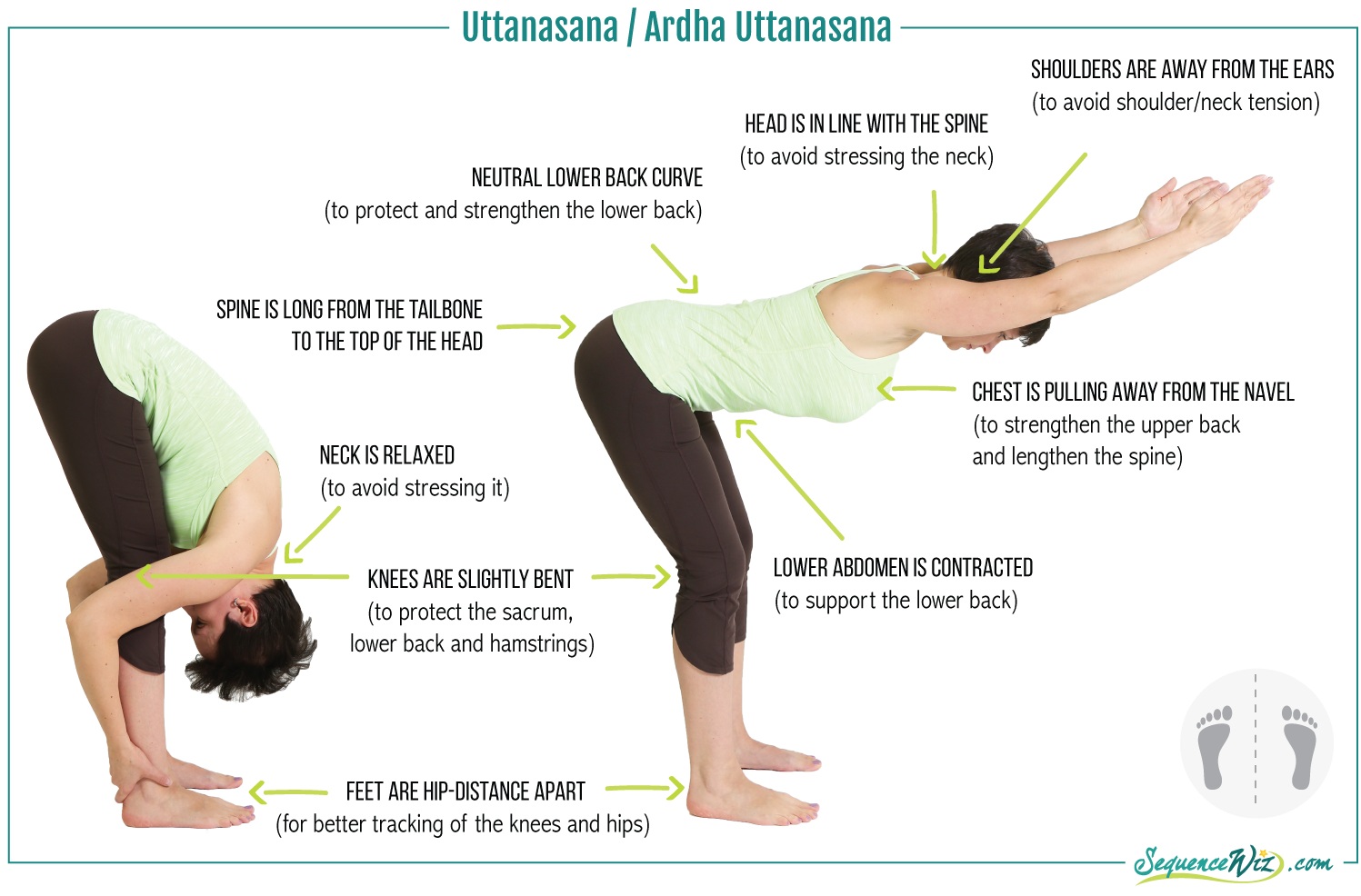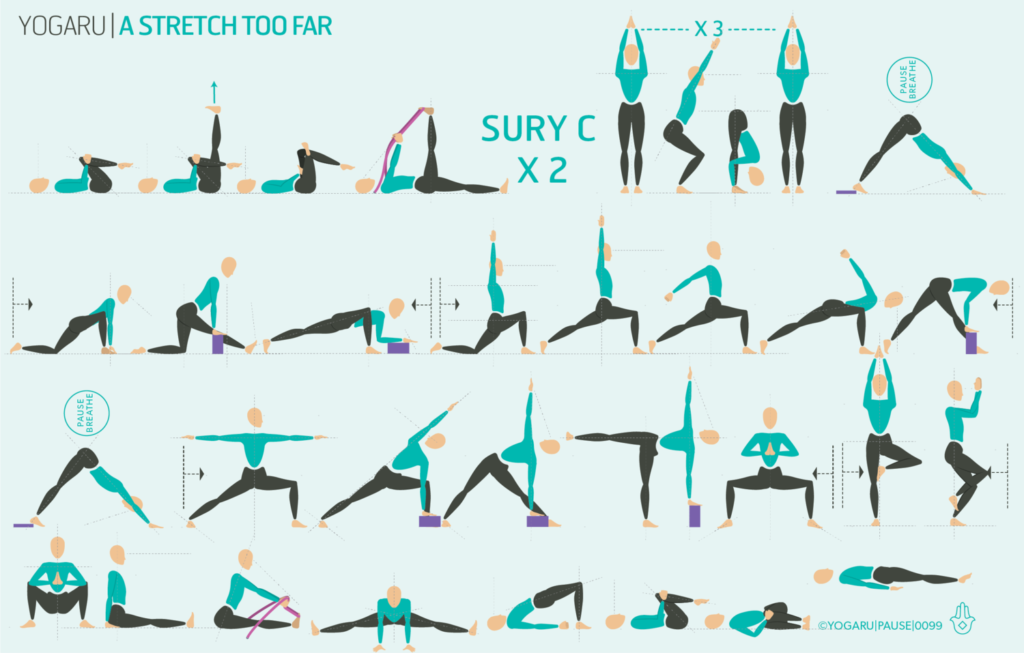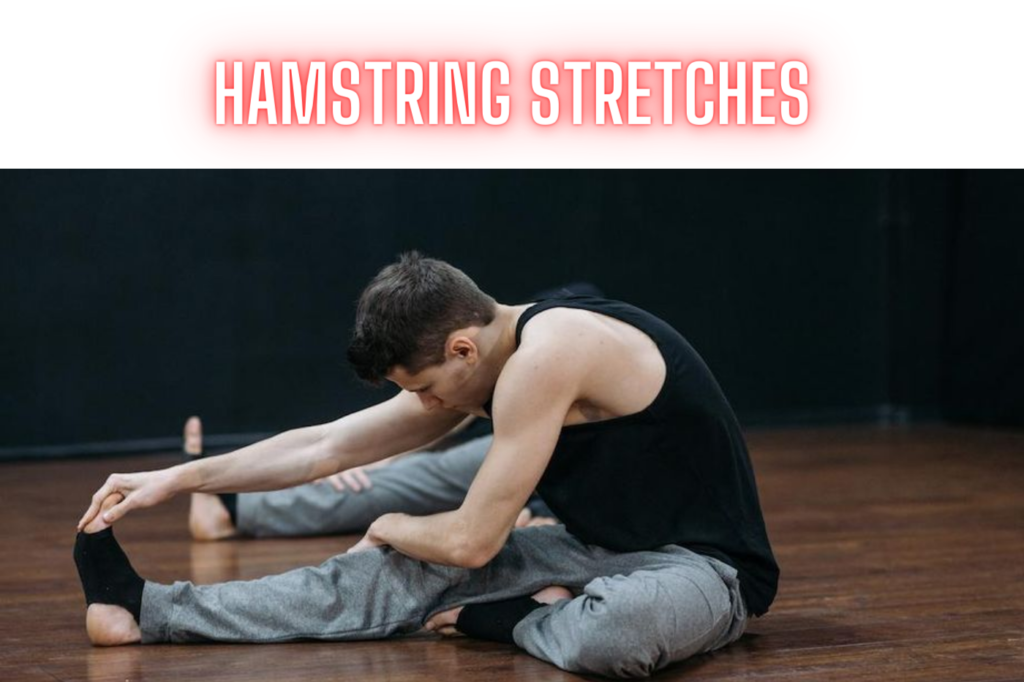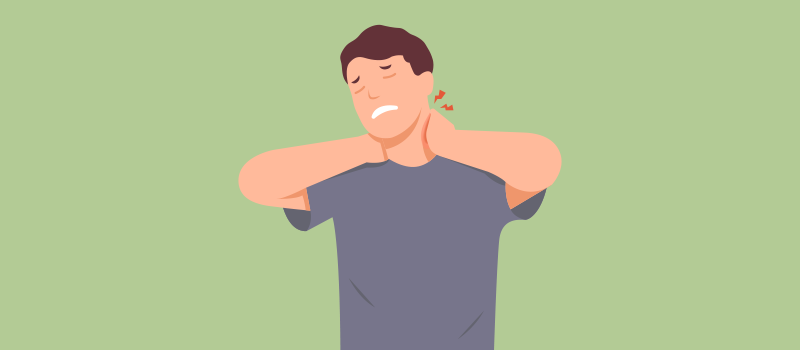Yes, you can overstretch. Overstretching can lead to muscle strains and injuries.
Stretching is beneficial for flexibility and muscle health. However, pushing beyond your limits can cause harm. Overstretching can result in muscle strains, ligament tears, and joint injuries. It’s crucial to listen to your body and avoid forcing a stretch. Gradually increasing flexibility is safer and more effective.
Warm up before stretching to prepare your muscles. Consistent, gentle stretching routines can improve flexibility without risking injury. Always maintain proper form and avoid bouncing movements. Stretching should feel good and never painful. By stretching mindfully, you can enhance your flexibility and overall well-being without the risk of overstretching.
Stretching Fundamentals
Flexibility is very important for fitness. It helps muscles move easily. Flexible muscles can prevent injuries. Being flexible makes daily tasks easier. It also improves posture. Regular stretching keeps muscles healthy.
There are many stretching techniques. Each has its benefits. Here is a simple table to understand them:
| Type | Description |
|---|---|
| Static Stretching | Holding a stretch for a period. Best after workouts. |
| Dynamic Stretching | Moving parts of your body. Good before exercises. |
| Ballistic Stretching | Bouncing movements. Not recommended for everyone. |
| PNF Stretching | Combines stretching and contracting muscles. Very effective. |
The Science Behind Muscle Stretching
Muscles lengthen when stretched. Stretch receptors in muscles send signals to the brain. The brain then tells the muscle to relax. This helps the muscle stretch further. Stretching makes muscles more flexible and can improve movement.
Muscles have a limit to how much they can stretch. Stretching too much can cause injury. Muscles can tear if overstretched. It’s important to stretch gently. Always listen to your body’s signals. Stop stretching if you feel pain.
The Possibility Of Overstretching
Muscle pain can be a sign of overstretching. Swelling might occur in the affected area. You may also feel weakness in the muscle. Bruising can indicate a severe stretch. Limited range of motion is another symptom. Listen to your body to prevent injury.
Overstretching can damage muscle fibers. This damage can lead to longer recovery times. Injured muscles may not function properly. Chronic pain can develop from repeated overstretching. Flexibility gains might be lost. Proper stretching techniques are important for safety.
Risks Associated With Excessive Stretching
Overstretching can cause short-term strain. Muscles might feel sore and tender. Long-term damage can happen as well. Muscles could weaken and not work well. This might lead to chronic pain. Injuries might take longer to heal.
Joints may become unstable due to overstretching. Ligaments might get overstretched and lose strength. This can lead to frequent injuries. Joints might feel loose and wobbly. Ligament damage can be painful and slow to heal.
Real Stories: When Stretching Goes Too Far
Many athletes have faced issues due to overstretching. John, a runner, had a severe hamstring tear. He pushed his body beyond its limit. Sarah, a gymnast, suffered a shoulder injury. She stretched too aggressively during practice. Both had to take time off to heal.
Rehabilitation can be a long journey. John had to attend physical therapy sessions for months. He learned new ways to stretch safely. Sarah also went through a similar experience. Her rehab included strength training and proper stretching techniques. These stories highlight the importance of listening to your body and stretching correctly.

Credit: m.youtube.com
Preventing Overstretching
Start by doing a light warm-up. This gets your blood flowing. Jog in place for a few minutes. Then start stretching slowly. Hold each stretch for 15-30 seconds. Do not bounce while stretching. Bouncing can cause injuries. Listen to your body. Stop if you feel pain. Stretching should feel good, not painful.
A good warm-up prepares your muscles. It reduces the risk of overstretching. After your workout, do a cool-down. This helps your muscles relax. Stretch gently during the cool-down. Drink water to stay hydrated. Proper hydration is key for safe stretching. Always follow these steps to keep your body safe.
Remedies For Overstretched Muscles
Overstretching muscles can lead to pain and injury. Effective remedies include rest, gentle stretching, and applying ice or heat. Proper hydration and massage also aid in recovery.
Immediate Actions Post-injury
Rest is very important after overstretching muscles. Ice packs help reduce swelling and pain. Apply ice for 15-20 minutes. Keep the injured area elevated. This helps blood flow back to your heart. Compression can also help. Use an elastic bandage to wrap the area. Make sure it’s not too tight.
Long-term Recovery Techniques
Gentle stretching helps in the long run. Do not push your limits. Strengthening exercises can rebuild muscle. Yoga and Pilates are good choices. Massage therapy may also help. It improves blood flow and reduces tension. Hydration is key for muscle recovery. Drink lots of water daily. Consistent sleep aids in healing.
Enhancing Your Stretching Routine Safely
Seeking help from experts can improve your stretching routine. A professional can show correct techniques. This helps prevent injuries. They can also create a tailored plan for you. This ensures you stretch the right muscles. Expert guidance makes your routine more effective. It can also help with flexibility and strength. Always consult a professional before starting new exercises.
Stretching aids can enhance your routine. Items like bands and rollers are helpful. They assist in deeper stretches. Using aids can also improve your form. This helps you get better results. Some aids can provide extra support. This reduces the risk of overstretching. Always choose the right aid for your needs. A professional can suggest the best aids for you.
Listening To Your Body
Stretching is essential for flexibility, but overstretching can lead to injuries. Pay attention to your body’s signals to avoid harm.
The Importance Of Body Awareness
Paying attention to your body is very important. It helps to know when to stop. Feeling pain can be a sign to take a break. Always listen to your body’s signals. Being aware can prevent injuries. Stretching should feel good, not painful. If something hurts, ease up. Your body knows its limits. Trust it. This helps in staying safe while stretching.
Balancing Flexibility And Strength
Flexibility and strength should go hand in hand. Muscles need both to function well. Stretching alone is not enough. Strength training is also essential. This balance keeps muscles healthy. Flexible muscles are less prone to injury. Strong muscles support your joints. This combination helps in everyday activities. It improves overall body function. Always aim for a balance between the two.

Credit: m.youtube.com

Credit: sequencewiz.org
Frequently Asked Questions
How Do I Know If I Am Overstretching?
You might be overstretching if you feel sharp pain, discomfort, or muscle trembling. Listen to your body.
What Are The Symptoms Of Overstretched?
Symptoms of overstretching include muscle pain, stiffness, swelling, bruising, and reduced range of motion. Seek medical advice if severe.
Can You Do Too Much Stretching?
Yes, you can overstretch. Overstretching can lead to muscle damage, joint instability, and decreased performance. Always stretch within comfort.
What Happens If A Muscle Is Over Stretched?
Overstretching a muscle can cause tears or strains. This leads to pain, swelling, and limited movement. Seek medical advice.
Conclusion
Stretching is essential, but balance is key. Overstretching can cause injuries and hinder progress. Listen to your body, and maintain a consistent routine. Incorporate warm-ups and cool-downs to protect your muscles. Stay mindful, stretch safely, and enjoy the benefits of flexibility and improved well-being.











